America needs bold, scalable solutions to overcome the forces of division. Civic Health Project advances pioneering approaches with massive potential to scale, mobilizing resources across the domains of technology, entertainment, field building, and research.
As a recognized leader in the field, Civic Health Project is uniquely positioned to connect the funders, technologists, industry experts, and bridge-building practitioners needed to drive these initiatives to massive scale and impact. And we know how to measure the impact of our work.
Civic Health Project is a fiscal project of Mediators Foundation, a 501c3 charitable organization. All contributions to Civic Health Project are fully tax-deductible and DAF-eligible.
Approach
Imagine a future in which all Americans feel empowered to reject toxic division, embrace genuine connection, and build a peaceful, prosperous, and democratic future together. That is the future Civic Health Project is working towards, and it’s within our reach.
For the past five years, we’ve invested in rigorous social science to identify the most effective interventions to reduce toxic polarization, reduce support for political violence, and increase support for democratic norms. Today, we know that we most effectively move the needle on these outcomes when we:
- Correct the extreme misperceptions Americans hold of one another, across partisan divides.
- Enlist political and cultural elites to model constructive engagement across differences.
- Bring partisan opponents together to achieve shared goals and solve shared problems.
- Illuminate the unacceptable risks of societal breakdown and democratic collapse.
Equipped with these insights, we’re poised to unlock effective interventions at massive scale, empowering millions of Americans to overcome toxic division, embrace genuine connection, and build a peaceful, prosperous, and democratic future together.
How will we know if we are succeeding? We will measure success not only by the millions of Americans reached, but by how we’ve shifted hearts and minds in the process. As these interventions scale and gain traction, we will overcome “peak division” in America and usher in an era characterized by healthier political and social norms.

Team
Civic Health Project’s team members bring diverse leadership expertise from academia, finance, technology, and the non-profit sector. Collectively, we are dedicated to supporting and showcasing the most promising efforts to reduce partisan animosity and enable constructive, collaborative problem-solving.
Rob Romero
Founding Partner
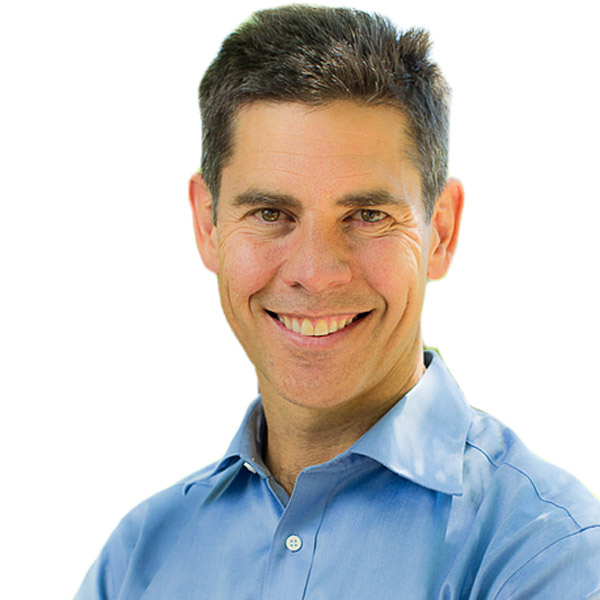
Rob Romero, Founding Partner
Rob Romero co-founded the Civic Health Project following the 2016 presidential election, acknowledging the dangerous reality that increasing animosity and disdain between political factions not only undermines the capacity of our democratic process to yield cooperative and constructive leaders but also, in a more severe scenario, could threaten the very existence of a united nation. Rob is a passionate advocate for research, insights, and tools that help human behavior & biases, social media, and democracy to “play better” together, reducing the corrosive forces of polarization.
Rob is currently the CEO of Connective Capital, an investor in emerging growth companies. Prior to launching Connective, Rob held leadership roles in marketing and engineering at Cisco Systems and various tech startups. Rob earned his BA in Economics, BS in Electrical Engineering, and MS in Engineering Economic Systems from Stanford University.
Kristin Hansen
Executive Director
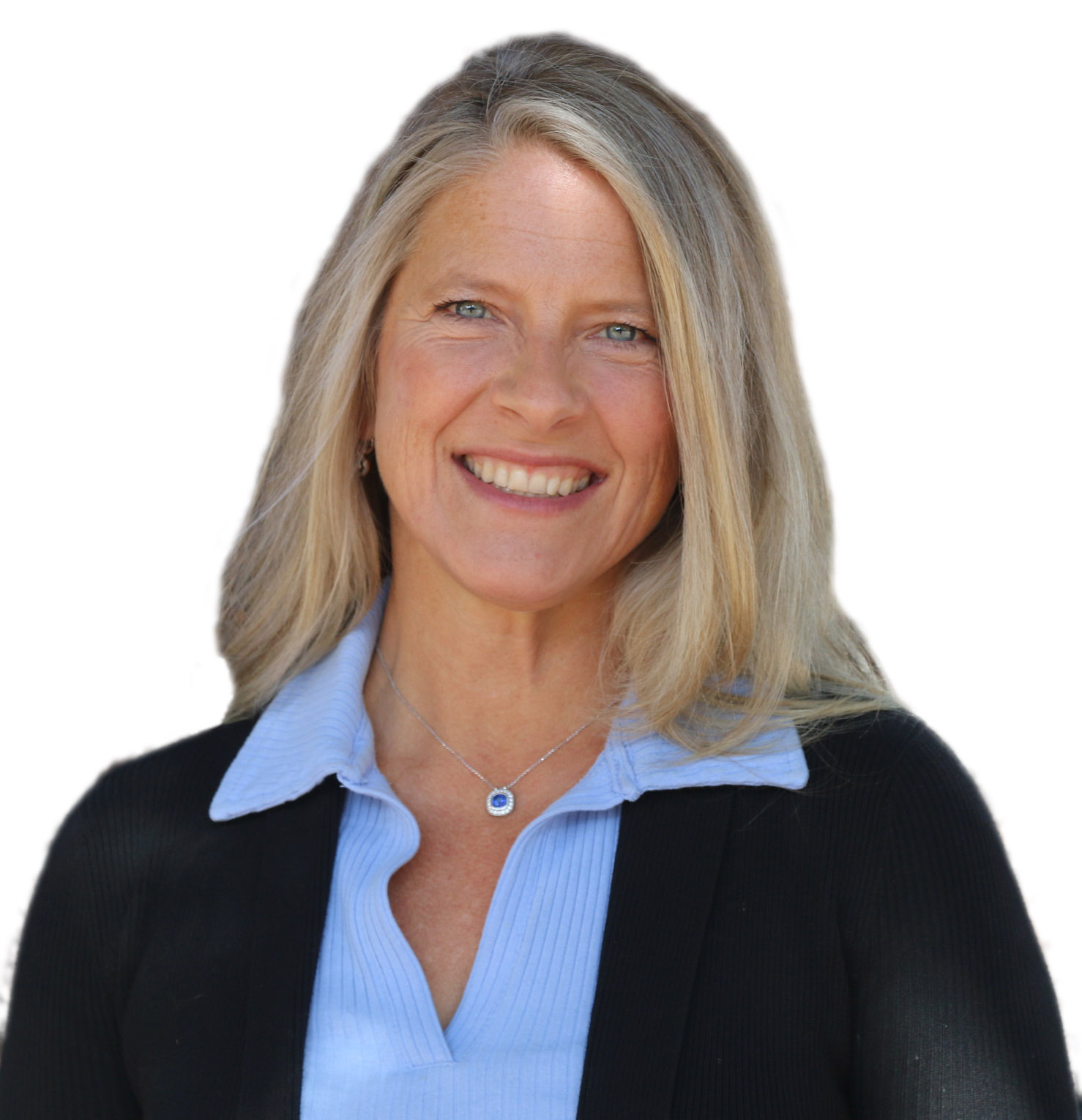
Kristin Hansen, Executive Director
As the Executive Director of Civic Health Project, Kristin is dedicated to accelerating the efforts of academics and practitioners who seek to reduce polarization and improve civil discourse in our citizenry, politics, and media.
In addition to her role at Civic Health Project, Kristin serves on the advisory boards of AllSides, Business for America, and Listen First Project. She also serves as a year-round lecturer in Strategic Communications at the Stanford Graduate School of Business.
Prior to her current work in civil discourse, Kristin held senior executive roles at Intel, IBM, and multiple start-up software companies. She holds a BA in Political Science and an MA in International Policy Studies from Stanford University, and an MBA from the Stanford Graduate School of Business.
Ann Reidy
Director of Strategic Initiatives

Ann Reidy, Director of Strategic Initiatives
Bob Quinn
Partner

Bob Quinn, Partner
For more than 25 years Bob has held leadership positions in internet and mobile software development at companies ranging from IBM and Apple to a number of Silicon Valley startups, where his focus has been on AI and health technology.
Prior to his commercial work, Bob carried out research in the application of cognitive social psychology and decision analysis to public health policy at Harvard University. He holds a PhD in cognitive science from the University of Colorado and a BA from Dartmouth College.
Bob joined Civic Health Project with the goal of using his background in technology, social science and healthcare to help diagnose and treat our civic health challenges.
Sol Madero
Research & Operations Assistant

Sol Madero, Research & Operations Assistant
Sol Madero holds a Bachelor’s degree in Political Science from the Catholic University of Córdoba. With a strong background in managing social impact initiatives, she has expertise in project and operations management, fundraising, and strategic partnerships. Sol has successfully led various nonprofit projects, driving growth and fostering collaborative relationships across sectors.
Cambria Findley-Grubb
Digital Marketing Manager

Cambria Findley-Grubb, Digital Marketing Manager
As the Social Media and Web Marketing Manager, Cambria amplifies the message of decreasing affective polarization through the organization’s social media and web presence.
Prior to Civic Health Project, Cambria worked to leverage community members in volunteerism and civic engagement through the American Red Cross and UNICEF USA. In addition, Cambria completed a prestigious Fulbright Scholarship in Nova Scotia, Canada, studying the impact of education policy on indigenous populations and examining issues of educational justice. Cambria holds a Triple BA in Political Science, Peace Studies, and Religious Studies from Chapman University, and a MA in Political Communication from the University of Florida.
Julia Kamin
Research Consultant
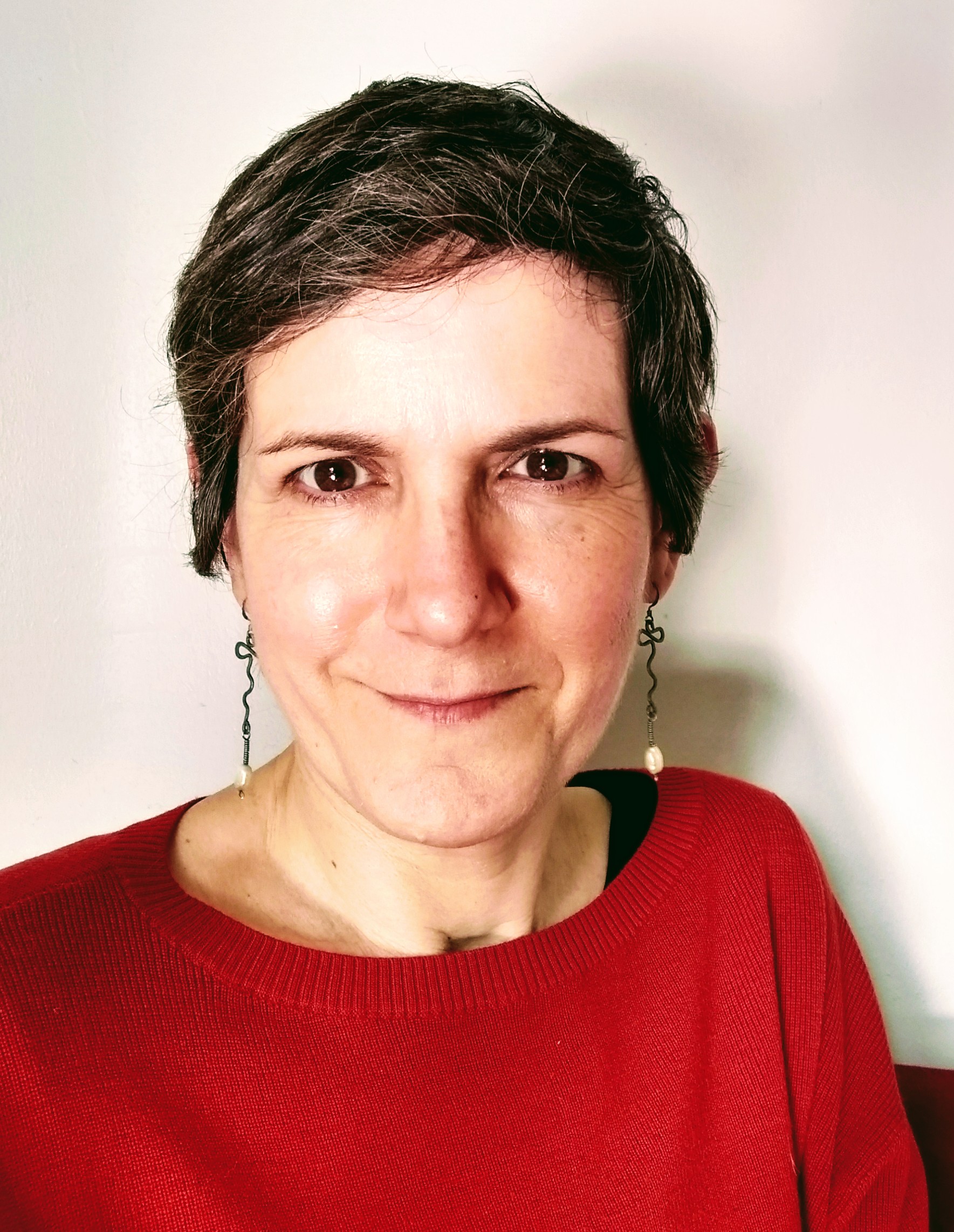
Julia Kamin, Research Consultant
As Civic Health Project’s Research Consultant, Julia primarily works on developing “PQ”, a measurement tool designed to measure the impact of media and interventions on reducing or increasing toxic polarization
Based in New York City, Julia works with organizations that leverage social science to improve civic discourse and mitigate toxic political polarization both on and off line. In her dissertation work, Julia used agent based models and experimental designs to examine the dynamics of information polarization in social media. Previously she was research manager at Citizens and Technology Lab, Cornell University, where she conducted field experiments in collaboration with online communities to test the effectiveness of prosocial interventions.
Julia received her PhD in Political Science from the University of Michigan. She has a Bachelor’s degree from Harvard College and a Masters in Public Administration from the Harvard Kennedy School.
Kylan Rutherford
Research Fellow
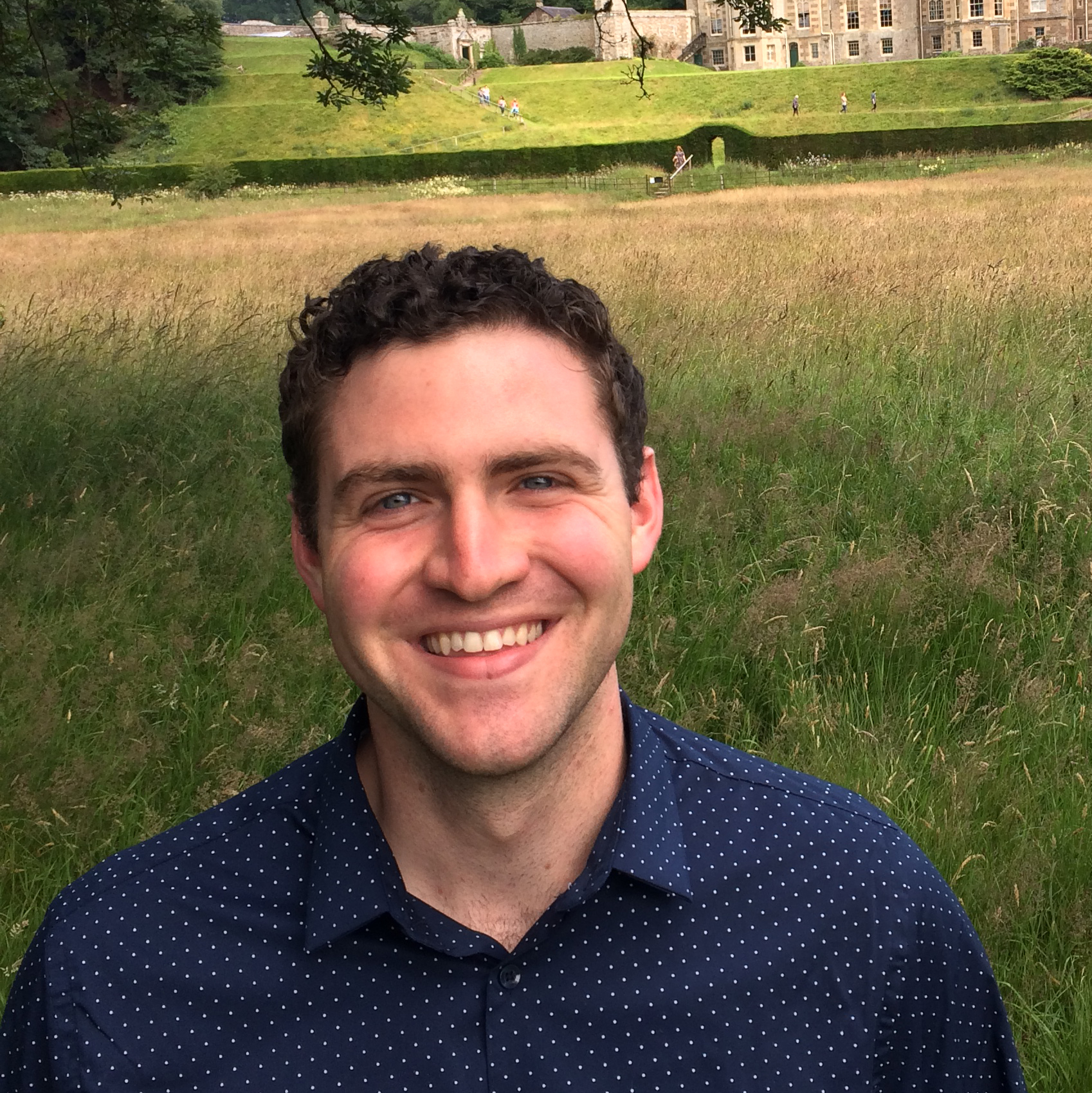
Kylan Rutherford, Research Fellow
Kylan Rutherford is a quantitative social scientist focused on social media’s interaction with politics. He has several years of experience conducting experimental research, analyzing and interpreting large datasets, and writing for technical research publications. Between teaching and his dissertation, he is helping Civic Health Project develop a browser extension experiment to test the impact of various types of content on behaviors and attitudes.
Glenn Ellingson
Entrepreneur in Residence
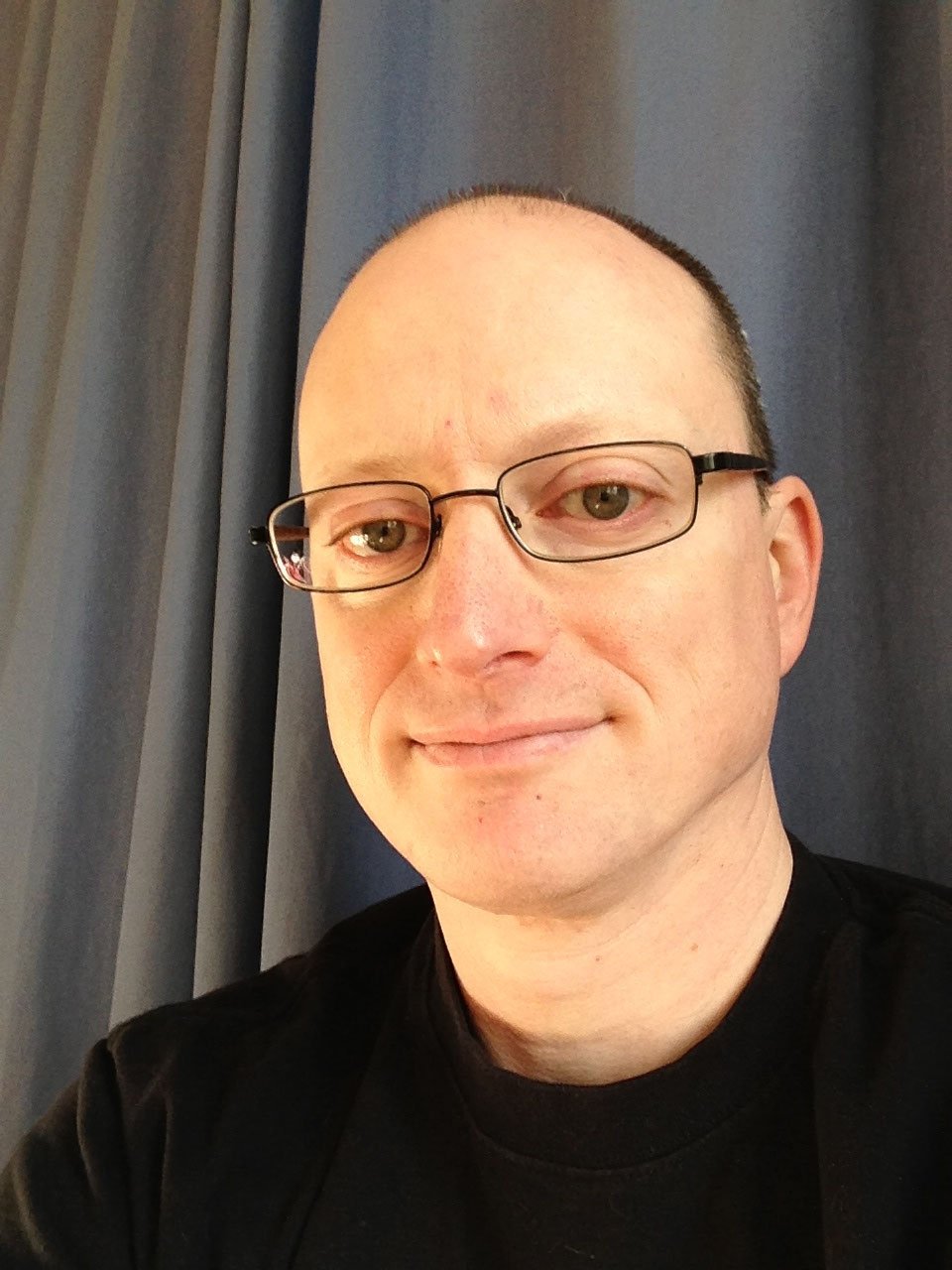
Glenn Ellingson, Entrepreneur in Residence
Glenn Ellingson serves as Civic Health Project’s Entrepreneur in Residence. Previously, Glenn supported civic integrity engineering teams at Meta (Facebook) through the 2020 US election and other elections around the world, as well as Instagram’s Accurate Information team through the covid pandemic. Glenn also recently served as an Integrity Institute Fellow, leading the Institute’s elections integrity best practices working group to publish a set of guides for protecting elections across diverse internet platforms.
Scholar Advisory Council
Adam Enders
Associate Professor in the Department of Political Science
University of Louisville
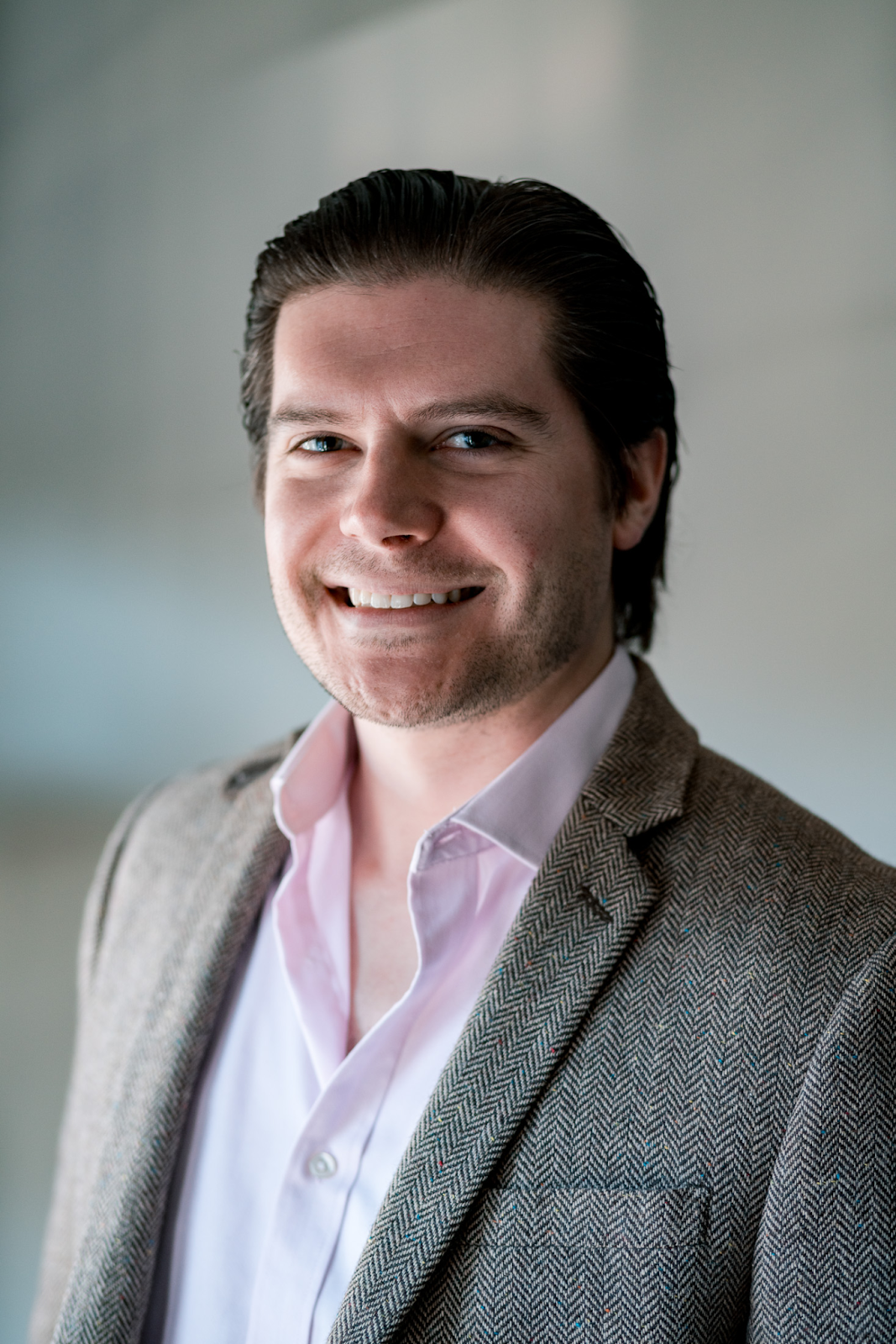
Adam Enders, Associate Professor in the Department of Political Science
University of Louisville
Adam Enders is an Associate Professor in the Department of Political Science at the University of Louisville, and instructor in the ICPSR program in Quantitative Methods of Social Research and the Global School for Empirical Research Methods. His research is focused on deciphering how people think about politics, including the nature of conspiratorial thought, racial prejudice in political behavior and political polarization.
Chris Bail
Professor of Sociology, Political Science, and Public Policy
Duke University
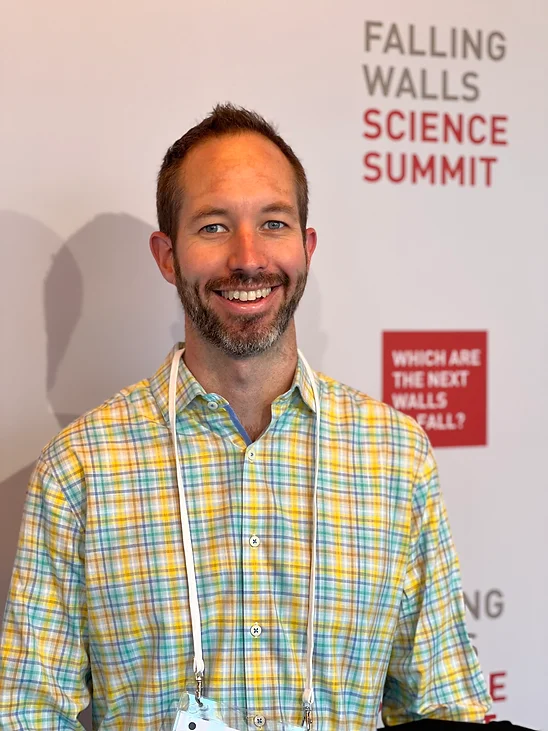
Chris Bail, Professor of Sociology, Political Science, and Public Policy
Duke University
Chris Bail is Professor of Sociology, Political Science, and Public Policy at Duke University, where he directs the Polarization Lab. He studies political tribalism, extremism, and social psychology using data from social media and tools from the emerging field of computational social science.
David Broockman
Associate Professor of Political Science
University of California, Berkeley
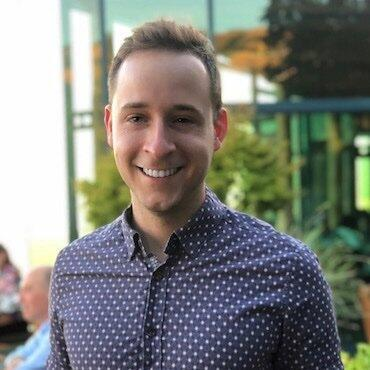
David Broockman, Associate Professor of Political Science
University of California, Berkeley
David Broockman is an Associate Professor of Political Science at the University of California, Berkeley. He studies public opinion and political representation in the United States. His over thirty peer-reviewed articles and essays focus on political persuasion, political polarization, campaigns and elections, political ideology, and the representation of racial and ethnic minorities in government. He is the recipient of several scholarly awards, including the Emerging Scholar Award, which is awarded to the top scholar in his subfield within a decade of their PhD.
Kurt Gray
Full Professor in Psychology and Neuroscience
University of North Carolina at Chapel Hill
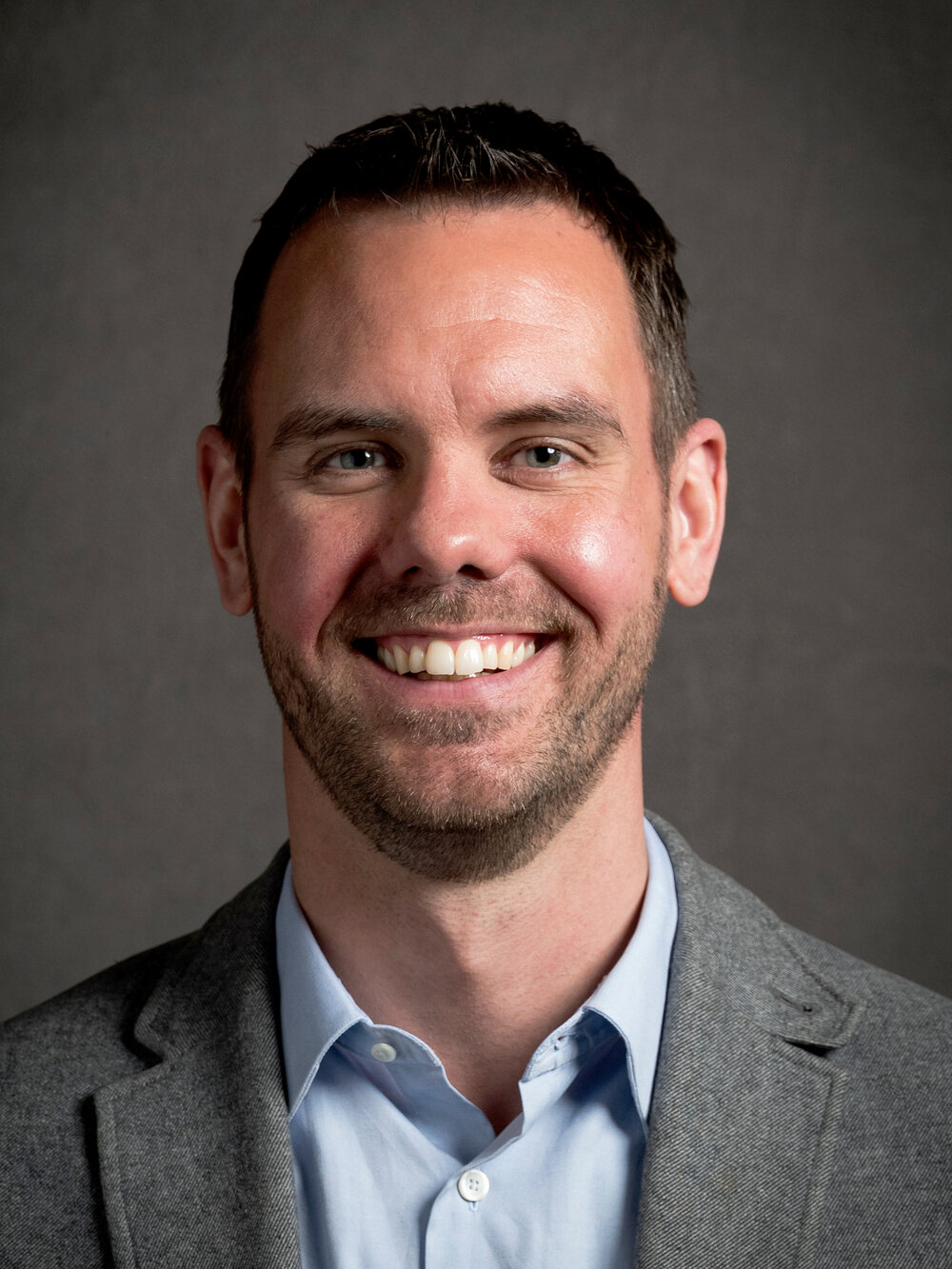
Kurt Gray, Full Professor in Psychology and Neuroscience
University of North Carolina at Chapel Hill
Kurt Gray is Full Professor in Psychology and Neuroscience at the University of North Carolina at Chapel Hill, where he directs the Deepest Beliefs Lab and the Center for the Science of Moral Understanding. He uses interdisciplinary methods to study our deepest held beliefs and how to bridge moral divides.
Lisa Schirch
Senior Professor of the Practice of Peace Studies
University of Notre Dame
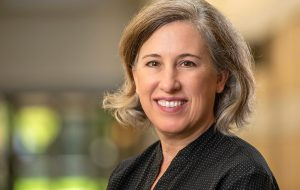
Lisa Schirch, Senior Professor of the Practice of Peace Studies
University of Notre Dame
Lisa Schirch is a Political Scientist and Senior Professor of the Practice of Peace Studies at The University of Notre Dame. Her research focuses on the positive roles of technology in “peacetech” and “digital peacebuilding.” She is a senior research fellow with the Toda Peace Institute, where she coordinates with civil society and technology companies to experiment and innovate new technologies that can scale social cohesion.
Mark Brandt
Assistant Professor in the Department of Psychology
Michigan State University
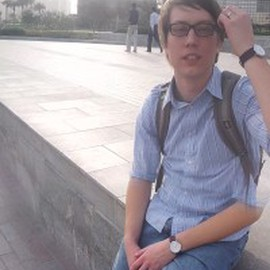
Mark Brandt, Assistant Professor in the Department of Psychology
Michigan State University
Mark Brandt is an assistant professor in the Department of Psychology at Michigan State University and Principal Investigator of The Belief Systems Lab. The overarching goal of his research program is to understand how ideological and moral beliefs – such as political ideology, religious fundamentalism, and moral conviction – structure attitudes and behaviors and provide people with meaning.
Robb Willer
Professor of Sociology Director
Polarization and Social Change Lab Stanford University
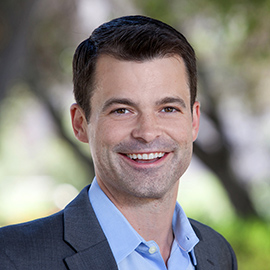
Robb Willer, Professor of Sociology Director
Polarization and Social Change Lab Stanford University
Robb Willer is a Professor in the Departments of Sociology, Psychology (by courtesy), and the Graduate School of Business (by courtesy) at Stanford University. He is the Director of the Polarization and Social Change Lab and the Co-Director of the Center on Philanthropy and Civil Society. His research focus is on social forces that bring people together (e.g., morality, altruism), forces that divide them (e.g., fear, prejudice), and domains of social life that feature the complex interplay of the two (e.g., hierarchies, politics).
Samara Klar
Associate Professor in the School of Government and Public Policy
University of Arizona
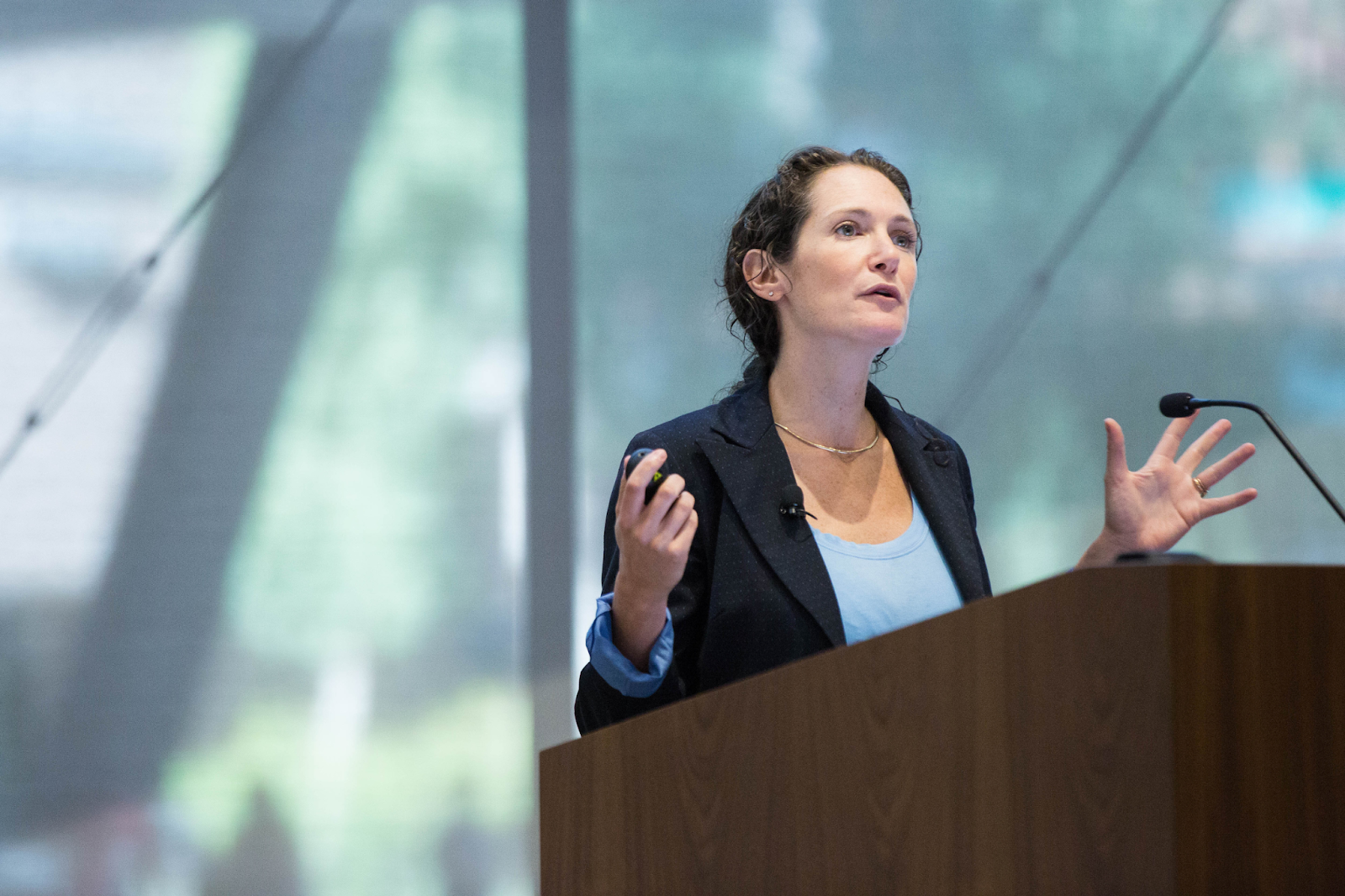
Samara Klar, Associate Professor in the School of Government and Public Policy
University of Arizona
Samara Klar is an Associate Professor at the University of Arizona School of Government and Public Policy, co-Coordinator of the Arizona Policy Lab and cofounder of WomenAlsoKnowStuff.com. She studies how individuals’ personal identities and social surroundings influence their political attitudes and behavior.
Talia Stroud
Professor in the Department of Communication Studies and the School of Journalism and Media
University of Texas at Austin
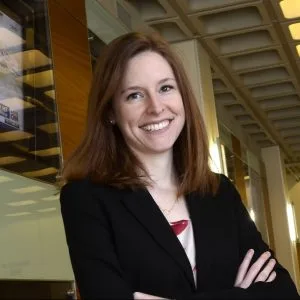
Talia Stroud, Professor in the Department of Communication Studies and the School of Journalism and Media
University of Texas at Austin
Natalie (Talia) Jomini Stroud is a Professor in the Department of Communication Studies and the School of Journalism and Media, as well as the founding and current Director of the Center for Media Engagement in the Moody College of Communication at The University of Texas at Austin. The Center for Media Engagement examines commercially viable and democratically beneficial ways of improving media.
Tim Ryan
Associate Professor in the Department of Political Science
University of North Carolina at Chapel Hill
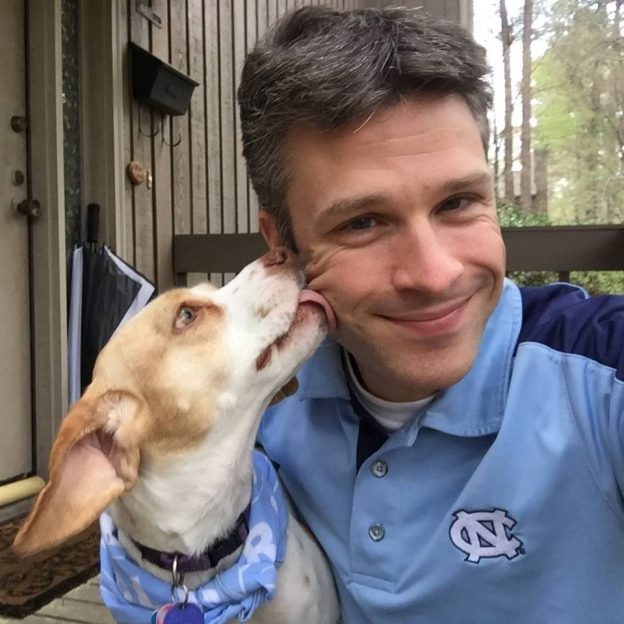
Tim Ryan, Associate Professor in the Department of Political Science
University of North Carolina at Chapel Hill
Timothy Ryan is an Associate Professor in the Department of Political Science at UNC, Chapel Hill. He has a number of research interests related to political communication, political behavior, media effects, and political psychology, and is the proud father of a beagle named Juniper!. (The exclamation point is part of her name.)
Founding Scholar Advisors
Katherine Cramer
Professor of Political Science
Natalie C. Holton Chair of Letters & Science University of Wisconsin, Madison
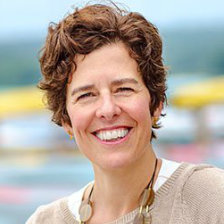
Katherine Cramer, Professor of Political Science
Natalie C. Holton Chair of Letters & Science University of Wisconsin, Madison
Katherine Cramer is a Professor of Political Science and Natalie C. Holton Chair of Letters & Science at UW Madison. During the 2018-2019 academic year she is a Visiting Professor with the Laboratory for Social Machines at the MIT Media Lab. She is known for her innovative approach to the study of public opinion, in which she uses methods like inviting herself into the conversations of groups of people to listen to the way they understand public affairs. Her award-winning book, The Politics of Resentment: Rural Consciousness in Wisconsin and the Rise of Scott Walker, brought to light rural resentment toward cities and its implications for contemporary politics. She is also the author (as Katherine Cramer Walsh) of Talking about Race: Community Dialogues and the Politics of Difference and Talking about Politics: Informal Groups and Social Identity in American Life.
Jonathan Haidt
Thomas Cooley Professor of Ethical Leadership Business and Society Program
New York University Stern School of Business
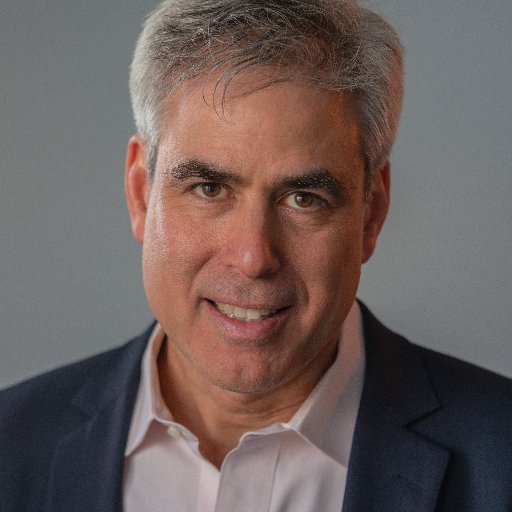
Jonathan Haidt, Thomas Cooley Professor of Ethical Leadership Business and Society Program
New York University Stern School of Business
Jonathan Haidt is a social psychologist, Professor of Ethical Leadership at New York University’s Stern School of Business, and author. His main areas of study are the psychology of morality and the moral emotions. Haidt is the author of The Righteous Mind: Why Good People are Divided by Politics and Religion, which examines how morality is shaped by emotion and intuition more than by reasoning, and why differing political groups have different notions of right and wrong. He also co-authored The Coddling of the American Mind: How Good Intentions and Bad Ideas Are Setting Up a Generation for Failure, which explores the rising political polarization and changing culture on college campuses, and its effects on mental health.
Shanto Iyengar
Professor of Political Science Senior Fellow
Hoover Institution Stanford University

Shanto Iyengar, Professor of Political Science Senior Fellow
Hoover Institution Stanford University
Shanto Iyengar is a Professor of Political Science at Stanford University and is also a senior fellow (by courtesy) at the Hoover Institution. Iyengar’s teaching and research addresses the role of the news media and mass communication in contemporary politics. He is the author of several books including Media Politics: A Citizen’s Guide, Going Negative: How Political Advertisements Shrink and Polarize the Electorate, Explorations in Political Psychology, and News That Matters: Television and American Opinion.
Technical Advisory Council
Sal Arora
Head of Engineering, Paid Ads Platform, Tailwind
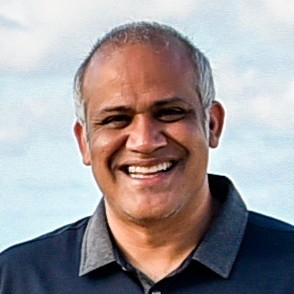
Sal Arora, Head of Engineering, Paid Ads Platform, Tailwind
Sal is a seasoned engineering executive and serial entrepreneur with 30 years of engineering and product management experience. With a decade of experience at Microsoft, managing teams of 500+, and holding multiple patents, Sal brings a wealth of expertise in enterprise-class software and a passion for driving technological advancements. He has also worked in several early-stage companies and successfully launched groundbreaking products and services, including one of the first website-building tools at NetObjects and a pioneering multi-device video streaming platform deployed by major telcos globally. Sal’s leadership has led multiple startups to successful exits, most recently Nectar9 acquired by Tailwind.
Juan Manuel Ortiz de Zarate
Chief Technology Officer, Data Voices
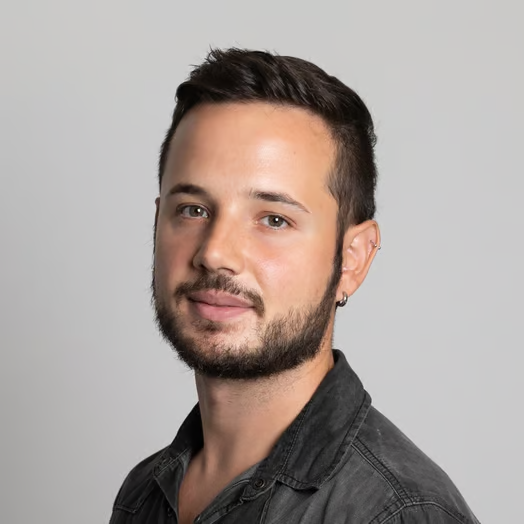
Juan Manuel Ortiz de Zarate, Chief Technology Officer, Data Voices
As a seasoned Data Scientist Consultant at Toptal and Fundar, Juan leverage over a decade of experience in software development and his advanced skills in data science to provide bespoke solutions to top-tier clients such as Auth0, Nixtla, Carrie Beam Consulting, Decentral Park, LL Media and different governments. His journey began with a Master’s degree in Computer Science from the University of Buenos Aires, and he is currently finalizing my Ph.D. in the same field at the same institution.
Prior to becoming a consultant, Juan honed his skills in various programming languages, including PHP, Python, R, React Native, and Node.js, building robust and scalable solutions. As a committed educator, he had the privilege of shaping future data science professionals as a professor in the Faculty of Engineering at the University of Buenos Aires. Throughout his career, he has married my passion for teaching and technology to foster a culture of continuous learning and innovation, staying abreast of the latest industry trends, and delivering cutting-edge solutions that drive business success.
Dan Stratford
Senior Consultant, Civic Health Project
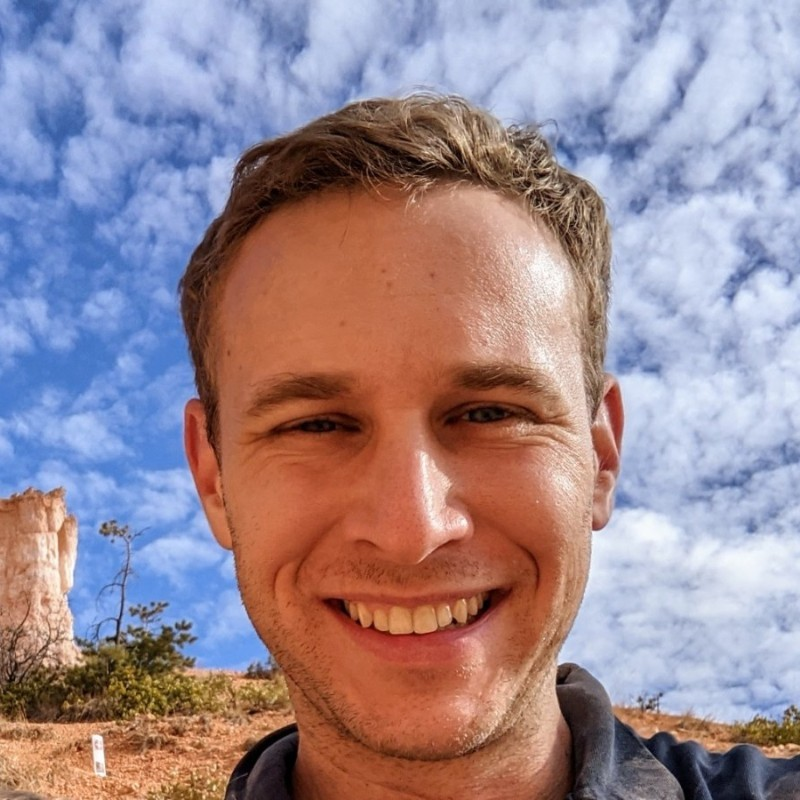
Dan Stratford, Senior Consultant, Civic Health Project
Professor Stratford has intensive hands-on experience with entrepreneurship and design thinking from a variety of different perspectives. He earned his MBA and MA Education from Stanford university, where he emphasized interdisciplinary coursework in entrepreneurship and design. He worked with small startup teams that have grown to over $1B valuation and venture capital firms in the US and China. At Google, he managed global programs that trained influencers across 6 continents on principles of design thinking and entrepreneurship. He is currently the founder of an early-stage tech startup focused on delivering insights from diverse stakeholder perspectives. He has performed in musical tours through China, Australia, and Scandinavia and is a Teach For America alumnus.
Jonathan Stray
Senior Scientist, Center for Human-Compatible AI
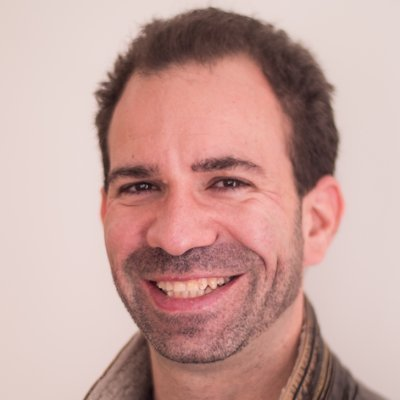
Jonathan Stray, Senior Scientist, Center for Human-Compatible AI
Responsible AI researcher, data scientist, and teacher with 20 years of experience in industry and academia. Specialization in recommendation systems with a unique understanding of public discourse. Former investigative data journalist for ProPublica and the Associated Press. Experience working on polarization and conflict, news quality and misinformation, natural language processing, deep learning, image processing, interactive data visualization, investigative knowledge management, digital forensics, public policy.



